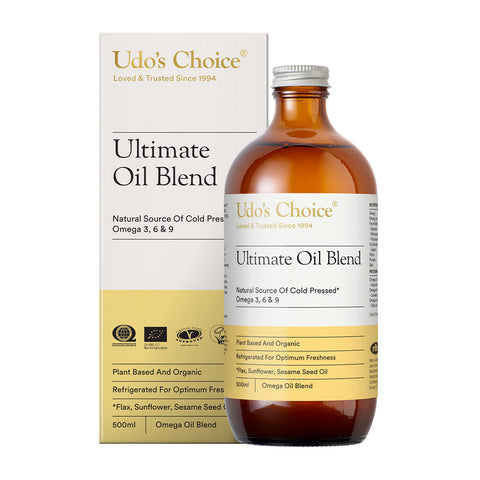Antioxidants are substances in food used by the body as protection against free radicals. Free radicals are molecules produced during normal metabolism in the body which can cause havoc if they multiply in an uncontrolled way as a result of illness, ageing or overexposure to toxins or the sun.
For example, free radicals can damage the DNA of your skin cells (and every other cell in your body) and destroy the collagen and elastin that provide tautness and elasticity to skin. Free radical damage can be caused by over exposure of the sun and is one of the main culprits involved in the rapid aging of the skin, such as, wrinkles.
Free radicals are highly unstable and quickly react with nearby molecules, setting off a process called oxidation which can have harmful effects on the body. For example, the oxidation of cholesterol particles in the blood can trigger the build up of fatty deposits in the arteries, which may lead to heart disease or stroke. Also, free radicals have been associated with cataracts, immune deficiency, arthritis.
The body produces it’s own antioxidants which work to neutralise the effects of free radicals, but vitamins and minerals and compounds known as phytochemicals in plant foods provide a valuable extra supply. Eating a diet rich in dietary sources of antioxidants is essential for the maintenance of good health.
Vitamin A rich foods like carrots, broccoli, dark green leafy vegetables, sweet red and yellow peppers, mangoes, melons and dried apricots contain the carotenoids lutein and zeaxanthin which give them their bright colours. Lutein and zeaxanthin may protect against age-related macular degeneration, a common cause of blindness in adults.
The antioxidant Vitamin C helps to scavenge free radicals and regenerates Vitamin E’s antioxidant potential after it has reacted with free radicals. Citrus fruits, kiwi, all berries, tomatoes, potatoes and green leafy vegetables all contain Vitamin C.
Vitamin E helps to prevent oxidation by free radicals of polyunsaturated fatty acids in cell membranes. The more polyunsaturated fats Omega 3 and Omega 6 you eat, the more vitamin E you need to protect them from oxidation. A good quality Omega 3 should also contain vitamin E. Sunflower seeds, almonds, hazelnuts, tuna, salmon and avocados are rich sources of Vitamin E.
Copper, manganese, selenium and zinc are minerals that act as antioxidants that are present in enzymes that protect against free radical damage. Wholegrains and nuts are rich in these all minerals. Avocadoes, Brazil nuts and sunflower seeds are particularly rich in selenium, while shellfish, eggs, lean meats, dairy and pumpkins seeds are rich in zinc.
Antioxidant phytochemicals can also be taken in supplements. Green tea extract, grapeseed extract and pine bark extract contain high amounts of flavonoids which are highly beneficial for a healthy heart and immune system.
Coenzyme Q10 is a naturally occurring antioxidant compound found throughout the body in cell membranes, especially in the mitochondrial membranes, and is predominantly abundant in the heart, lungs, liver, kidneys, spleen, pancreas, and adrenal glands, but we naturally produce less of it with age. Supplementing with CoQ10 is particularly beneficial for adults over 40 years of age and for heart disease sufferers, but it is also a supportive nutrient for people who exercise a lot as exercise may create free radical damage within the body.




